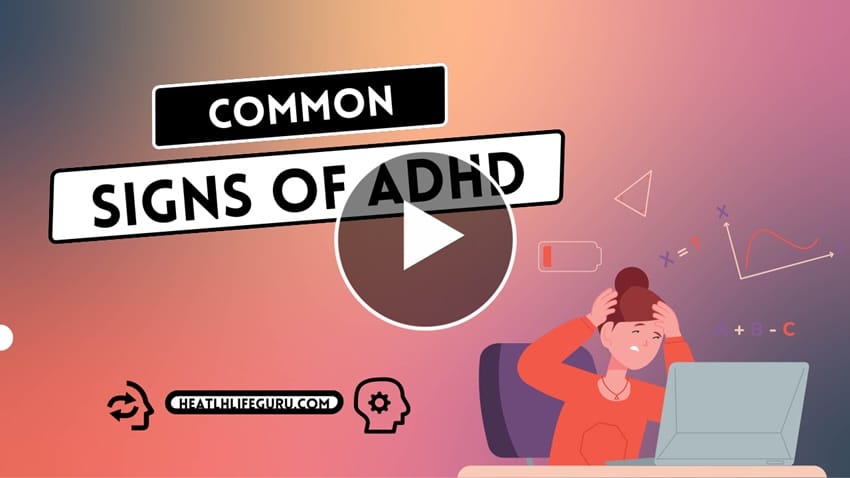When it comes to your health, protein is one of the most essential nutrients that you need to be aware of. Protein plays a vital role in almost every aspect of your health, from building muscle and repairing tissue to providing energy and maintaining a healthy immune system. But do you genuinely understand how protein works? Well, this article will take a look at how protein works in the body and some of the benefits that come with getting enough protein each day!
Contents
What Is Protein?
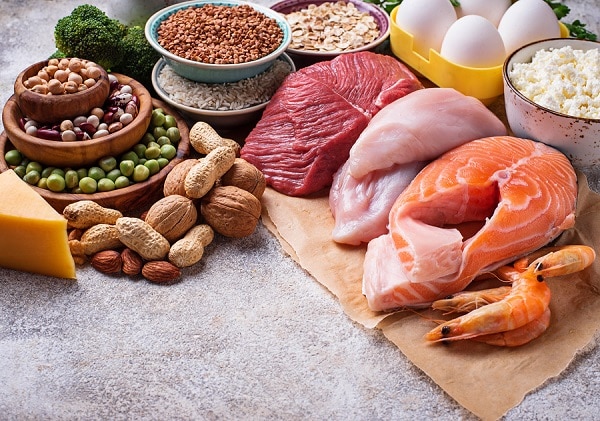
Proteins are essential nutrients for the human body. They are the building blocks of our muscles, skin, and organs and play a vital role in many biological processes. Although humans can produce some proteins independently, you must get others from the food you eat. Animal-based foods such as meat, milk, and eggs are complete proteins, meaning they contain all of the essential amino acids your body needs.
Plant-based foods such as grains, beans, and nuts are incomplete proteins, but they can still be a valuable source of nutrition if you eat them in combination with other foods. Proteins are complex molecules made up of amino acids, and the specific sequence of amino acids determines the protein’s function.
Although all proteins have the same basic structure, each one has a unique role to play in your body. There are 20 different amino acids that can build proteins, and your body can make 11 of them independently. The other 9 must come from the food we eat.
The 9 Essential Amino Acids And How They Work
Once you understand what protein is as a whole, it’s time to look at the different types of amino acids that exist and how they work in your body. Here are the nine essential amino acids:
Histidine
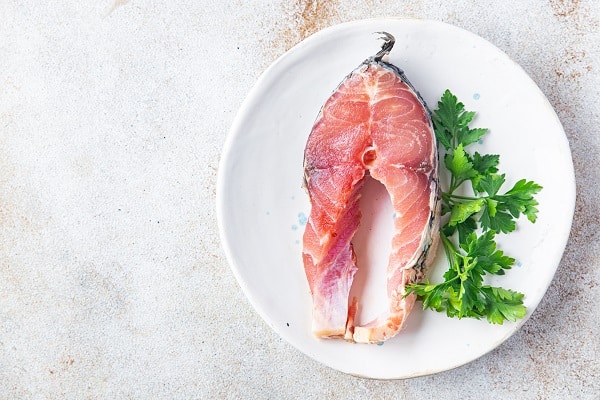
Histidine is an essential amino acid that plays a role in a number of critical biological processes. In the body, it acts as a precursor for histamine, a molecule that is involved in immune response and inflammation. Histamine is also involved in regulating stomach acid secretion, and it plays a role in neurotransmission. In addition, your body needs histidine to synthesize hemoglobin, the protein that carries oxygen in the blood.
While you can find histidine in many foods, it is particularly abundant in meat and fish. So for those who consume a vegetarian or vegan diet, it’s essential to be aware of foods high in histidine.
Isoleucine

One of the essential functions of isoleucine is helping to promote muscle growth and repair. Isoleucine is involved in the synthesis of new proteins, which are necessary for the growth and maintenance of muscle tissue. Additionally, isoleucine helps to prevent muscle breakdown during exercise by providing the body with a source of energy. Isoleucine also plays a role in immune function and blood sugar regulation. It helps to stimulate immune cells and promotes healthy insulin levels.
Finally, isoleucine is necessary for proper brain function. It helps transmit signals between nerve cells and aids in producing neurotransmitters. Without adequate levels of isoleucine, the body would be unable to function properly.
Leucine
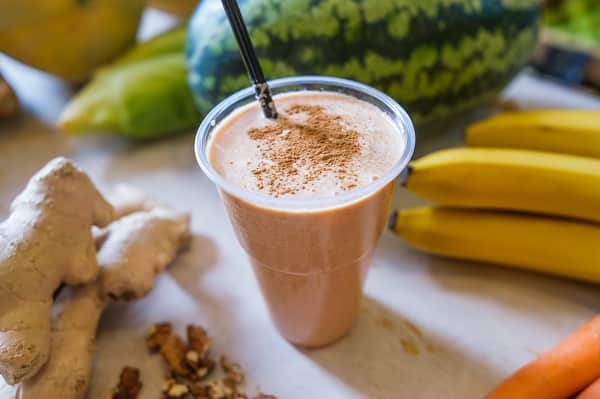
Among other things, leucine helps build and repair muscle tissue, aids energy production, and supports the immune system. Foods rich in leucine include meats, fish, nuts, and legumes. When taken as a supplement, most people consume leucine in the form of powder or capsules. It is also sometimes added to sports drinks and protein shakes. Because of its many benefits, some refer to leucine as the “bodybuilding amino acid.”
In addition to helping to build muscle mass, it also promotes muscle recovery after exercise and helps to reduce exercise-related fatigue. For these reasons, leucine is a popular supplement among athletes and bodybuilders.
Lysine
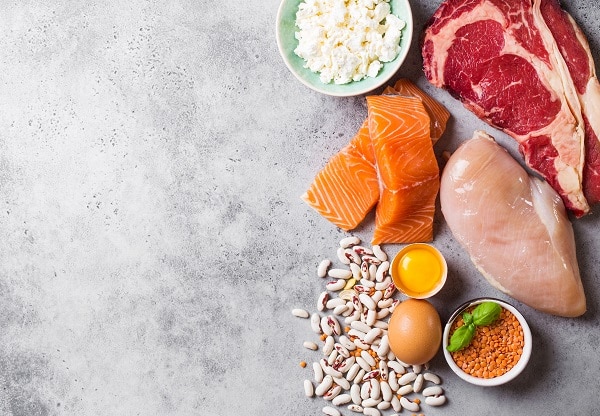
Lysine is another essential amino acid that the body cannot produce on its own. You must obtain it through diet or supplementation. Lysine has several vital functions in the body, including collagen production, calcium absorption, and antibody production. It also helps to reduce stress and anxiety levels. Lysine deficiency is fairly rare, but it can lead to symptoms such as fatigue, hair loss, and poor wound healing.
Supplementation is generally recommended for people who are unable to get enough lysine through diet alone. Lysine supplements are available in various forms, including tablets, capsules, and powder.
Methionine
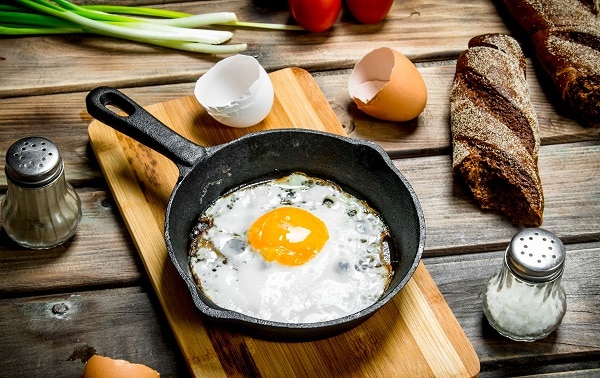
Methionine plays a role in the breakdown of fats, the production of energy, and the synthesis of other vital nutrients. Methionine is also essential for the proper functioning of enzymes and hormones. The body can not produce methionine on its own, so you must receive it through diet or supplements. Foods rich in methionine include egg whites, fish, meat, and dairy products.
Methionine also plays a critical role in the body’s detoxification process. It helps to remove heavy metals and other toxins from the liver. Furthermore, it helps to protect the liver from damage caused by alcohol and other drugs. So for those that consume alcohol regularly, methionine supplementation is especially important.
Phenylalanine
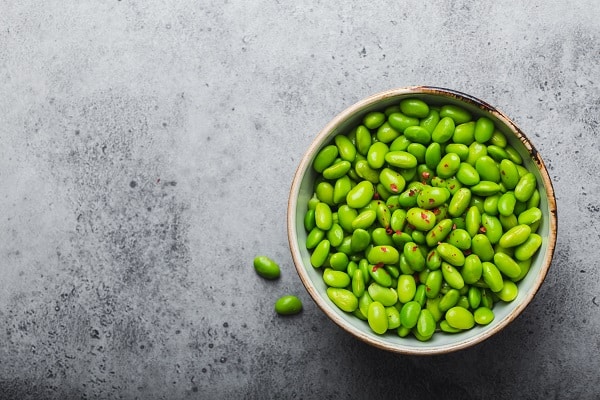
The body needs phenylalanine for making protein and other essential compounds. You can find it in many foods, including meat, fish, poultry, eggs, milk, and soybeans. The body can also make phenylalanine from another amino acid called tyrosine. Phenylalanine helps to produce neurotransmitters, hormones, and enzymes. Your body also needs it for proper brain development and function.
Then from the intestine your body absorbs phenylalanine into the bloodstream and then transported to the brain. Your brain then converts phenylalanine into tyrosine. Tyrosine then helps to make neurotransmitters such as dopamine and norepinephrine. These neurotransmitters are important for mood, memory, and attention.
Threonine
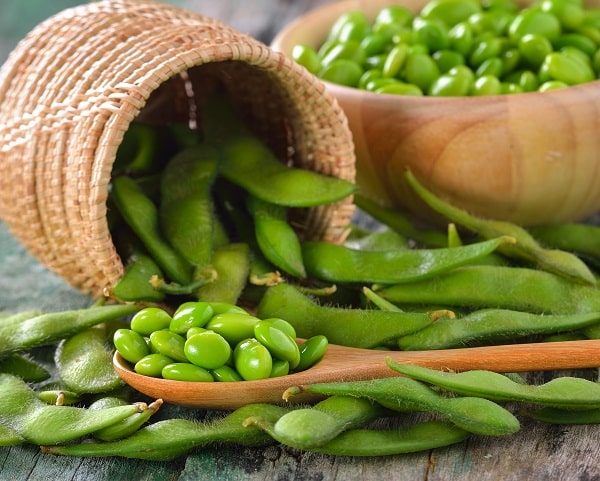
As one of the essential amino acids, threonine is vital for the proper function of many proteins in the body. Its primary role is as a constituent of enzymes responsible for facilitating chemical reactions in the body. Threonine is also a key component of collagen, which helps support the skin structure and connective tissues. In addition, it plays a role in liver function and lipid metabolism.
When threonine levels are too low, it can lead to muscle weakness, fatigue, and difficulty digesting fats. Fortunately, you can easily obtain threonine through dietary sources such as meat, fish, dairy, and beans. If you think you might be deficient in threonine, speak to your doctor or a registered dietician about whether supplementation might be right for you.
Tryptophan

Tryptophan plays a vital role in the production of serotonin, a neurotransmitter that helps to regulate mood and sleep. Tryptophan is found in many foods but is particularly abundant in turkey and other poultry. When ingested, tryptophan is converted into 5-HTP by the enzyme tryptophan hydroxylase. 5-HTP is then further converted into serotonin by the enzyme aromatic amino acid decarboxylase.
Serotonin can travel across the blood-brain barrier, where it binds to receptors and exerts its effects on mood and sleep. Although tryptophan supplements are sometimes touted as a way to boost serotonin levels, they are not very effective because unlike serotonin they cannot cross the blood-brain barrier. Therefore, you must get tryptophan through dietary sources in order to impact serotonin levels in the brain.
Valine
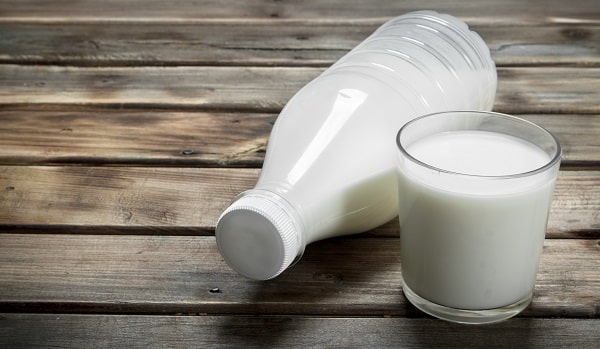
The last essential amino acid is valine, which is classified as a “branched-chain amino acid” (BCAA) due to its structure. BCAA’s are necessary for human health, but valine is especially important for muscle metabolism and nervous system function. Your body breaks valine into glucose, which your body can use for energy by cells. Additionally, valine helps to prevent the breakdown of muscle tissue during periods of stress.
As a result, valine plays a vital role in maintaining muscle mass and preventing fatigue. For these reasons, valine is another amino acid many athletes and bodybuilders supplement. However, it is also important for people who are not active to get enough valine in their diet, as it is essential for human health. You can find valine in a variety of foods, including meat, dairy, nuts, and beans.
Protein Works In So Many Different Ways!
Most people understand the basics of protein: it’s essential for building muscle, it provides energy, and you get it in foods like meat, fish, and eggs. However, there is much more to protein than that. When broken down into the different amino acids that make it up, protein can perform a variety of functions in the body.
Amino acids are essential nutrients that the body needs for many different functions. Although you can obtain most of them through dietary sources, some you may need to supplement in order to avoid deficiency. If you think you might be deficient in an amino acid, speak to your doctor or a registered dietician about whether supplementation is right for you.

